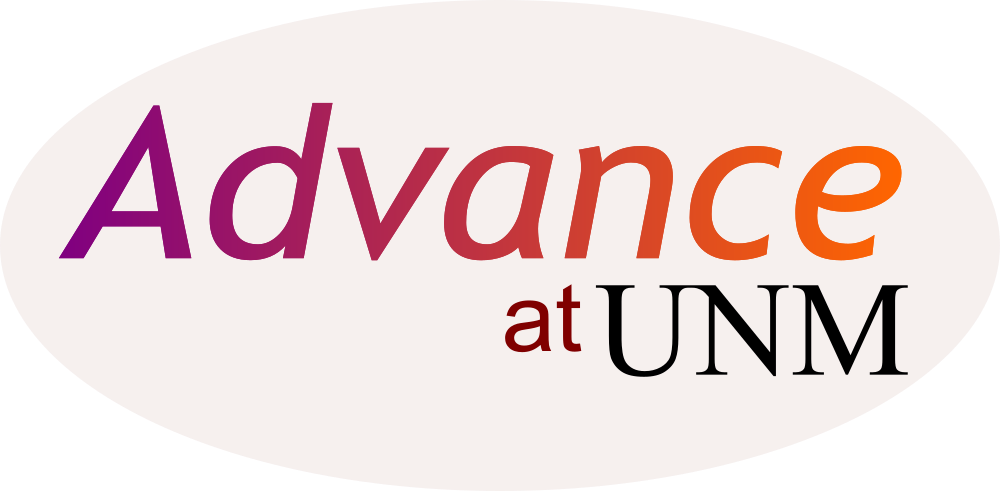Faculty Fanfare: Melinda Morgan

UNM Professor of Geography & Environmental Studies Melinda Morgan is leading a network of researchers looking at water, food and energy and systems from interdisciplinary and community-based perspectives.
The Transformation Network is a National Science Foundation Sustainable Regional Systems Network program that is a partnership between eight Western U.S. universities with over 50 partner organizations including Tribal partners, governmental and non-governmental organizations, public utilities, conservation districts, irrigation districts, and municipalities.
The $15 million grant started in 2021 and uses convergent research approaches to understand regime changes facing communities. The idea is to assist communities in building synergistic system connectivity across urban-rural gradients to promote sustainable cities, landscapes, and livelihoods across the Intermountain West.
“Our home in the Intermountain West is facing many interrelated challenges that demand we respond with urgency through transformational approaches,” she said.
Threats include increased exposure to natural hazards such as wildfires and floods; increasing water and food insecurity that is exacerbated by climate change and population growth; and growing tensions at the intersections of urban and rural communities.
“Our network is designed to engage with community partners and across a wide cross-section of academic disciplines to incorporate diverse perspectives to take on these challenges and formulate guided transformations for communities facing social-ecological changes,” Morgan said.
Morgan said her hope for the network is two-fold.
“Our primary aim is to respond to the pressing societal needs, including climate adaptation and food/energy/water system sovereignty for the communities with whom work and serve.
In addition, I’m hoping we will advance thinking around what it means to conduct what we call “convergent research,” which for us includes deep integration across disciplines and the development of innovative conceptual models and frameworks with community partners who often bring local knowledge and Indigenous knowledge.”
Morgan said all researchers need to be thinking across disciplinary lines.
“Working like this in large, interdisciplinary teams and with community partners is the future of research in many fields, including sustainability science.”
